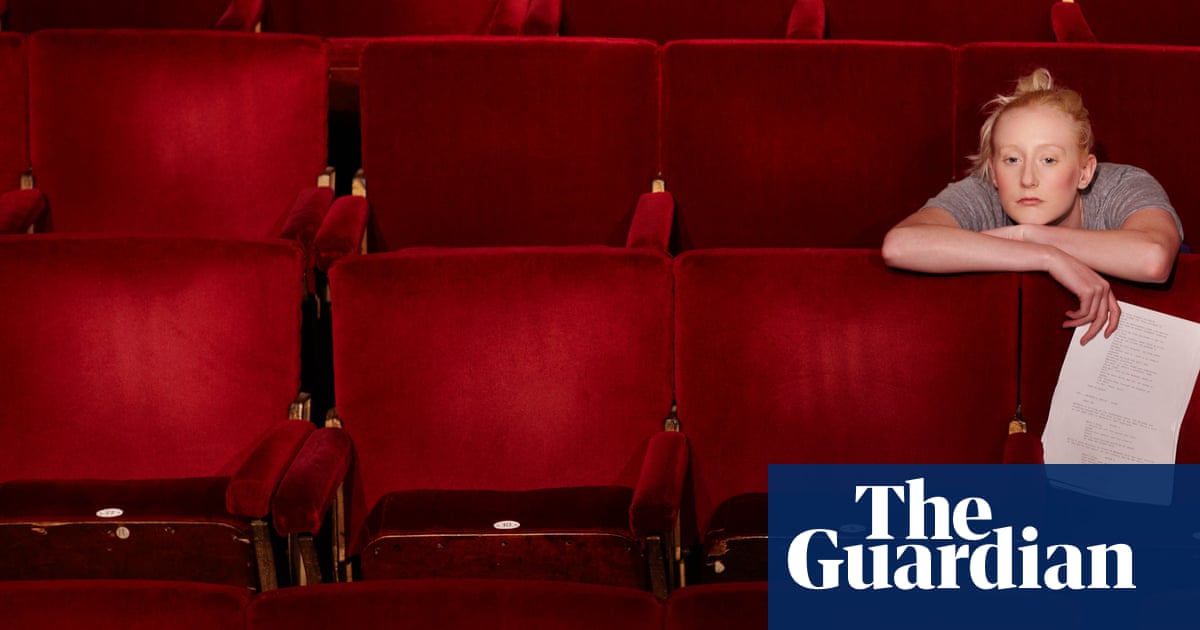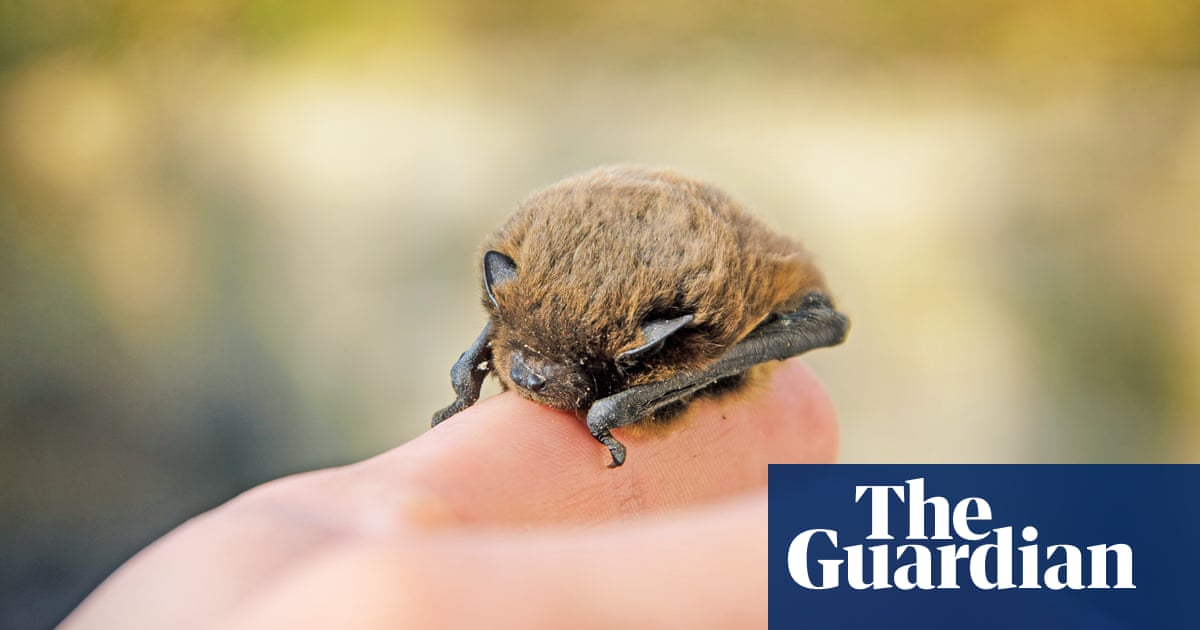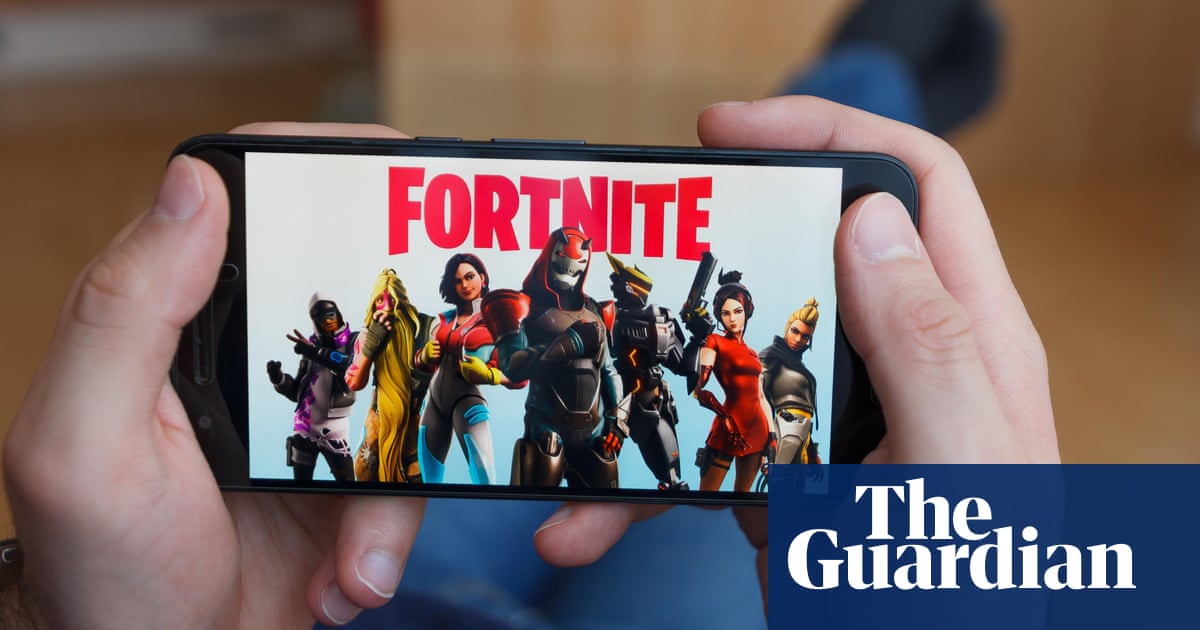
You’ll Never Beat Kyle Walker | BBC Sounds
The Artificial Human (BBC Radio 4) | BBC Sounds
The Case of the Tiny Suit/Case
The Beauty of Everyday Things (BBC Radio 4) | BBC Sounds
Launching a football podcast at the end of the season is a plucky move. You might have the balls to do so, as it were, if you captained a team who’d just won the Premier League title four times on the trot, and were expected to win the FA Cup just before your show’s premiere.
Balls indeed. You’ll Never Beat Kyle Walker arrived on BBC Sounds four days after his club, Manchester City, lost to Manchester United in a game described by the Guardian’s chief sports writer, Barney Ronay, as “a hungover performance”. This fact is conveniently left unsaid by podcast presenter Chris Hughes, the chirpy former Love Island contestant turned serial BBC sports host. Instead, Walker is called captain of the European champions, which he was on Wednesday, but isn’t now (this year’s Champions League final, between Dortmund and Real Madrid, is tonight). “The boffins at the BBC have spent months talking about what we could do in his series,” Hughes continues, laddishly, “but in the end, all we wanted to do was talk football and take the listeners inside the life of a serial winner.”
Throughout this latest addition to BBC Sounds’s Players Channel, rightly or wrongly, I sensed the strong whiff of programme-making directed by an external publicity machine. Walker has been in the tabloids regularly this year over his personal life (an extramarital affair resulting in two children) and his team’s alleged breaches of Premier League regulations (without, as yet, getting docked points in the table). Naturally, none of that features here.
Still, the first episode has its moments. Walker has a gentle line in self-deprecation, detailing how being a “wind-up merchant” enlivens his training-filled days. When asked if he speaks other languages to communicate with his teammates, he jokes: “I just about speak English, I’m from Sheffield, aren’t I?” But opportunities for interesting insight are missed. He isn’t pressed when he says, somewhat forlornly, that “nobody taught me how to deal with fame”. A fascinating line about footballers being “as much entertainers as winners” could have prompted a great chat about playing styles or the expectations of fans, but nothing came.
I often wish that the BBC’s obsession with what commissioners call “talent” – which often means recognisable celebrities – dug into the roots of that talent to inform, educate and entertain a bit more. Weekly episodes follow over the summer. Let’s hope they kick off a bit.
Over on Radio 4, a new series of The Artificial Human has launched to much fanfare, only three months after its first series in February. In it, hosts Aleks Krotoski and Kevin Fong ask listeners to submit questions on how they think AI could help them. Last week: how AI could help older people manage their care.
Sounding like Radio 4 lunchtime staple You and Yours to begin with – earnest, old-fashioned, not particularly engaging – it then started to pose interesting questions. What if an older person being monitored by audio and video recording took a new lover? Why are older people often thought about as a “homogenous mass”? These issues of agency and power were briefly debated, not in enough depth for my liking. Still, the last 10 minutes were better: a lovely exploration of the work of occupational therapists, who assess how to make people’s lives comfortable and meaningful on a one-to-one level. How refreshing it felt to be reminded that AI cannot replace human contact.
Next, some huge treats – first, The Case of the Tiny Suit/Case, a new series by the makers of the true crime parody/comedy Who Shat on the Floor at My Wedding (an international viral hit in 2020, racking up 6.2m downloads and counting). Amateur sleuths Karen Whitehouse, Helen McLaughlin and Lauren Kilby have moved on to a new case, because, as Kilby explains in her hilariously deadpan New Zealand tones, spending “one year on faecal matter is enough”. This time round, we hear the eerie tale of how a tiny corduroy suit, and then a suitcase, turn up in the middle of the night on the veranda of Kilby’s mother-in-law’s cottage in Sweden.
Scandinavian noir lashed with brilliantly absurd humour ensues. The questions to the mother-in-law, Kristina, are amazing: “Have you ever dated a man that size?” “You’re not concerned if we get things like screwdrivers and intimidate anyone? Waterboarding, that kind of thing?” Experts are drafted in to help, and the use of sound is great throughout: sinister cars reversing on gravel only for their warning sirens to beep; ominous strings slathering moments of high drama. I’ve had a sneak peek of episode 2 and my stomach muscles are still aching from laughter.
Finally, a lovely half hour: Ian McMillan’s The Beauty of Everyday Things. The Yorkshire poet and longtime host of Radio 3’s The Verb has been tweeting short, sweet posts about his dawn strolls for years, and here, they are given room to expand. He explains the appeal of that time of day deliciously: “It’s as if you’ve cracked the day’s egg open.”
Sidestepping tweeness for profundity, he visits a red bench on a railway platform that he often passes on the train and a cafe he loves (“a temporary theatre… a temple of meetings”), to explore what the French writer Georges Perec called the “infra-ordinary… the humdrum of the everyday”. Modern sorts would call this mindfulness, and it is, in flounce-free form. It also proves that one person exploring the deep matter of the world in rigorous detail is what BBC does best.












